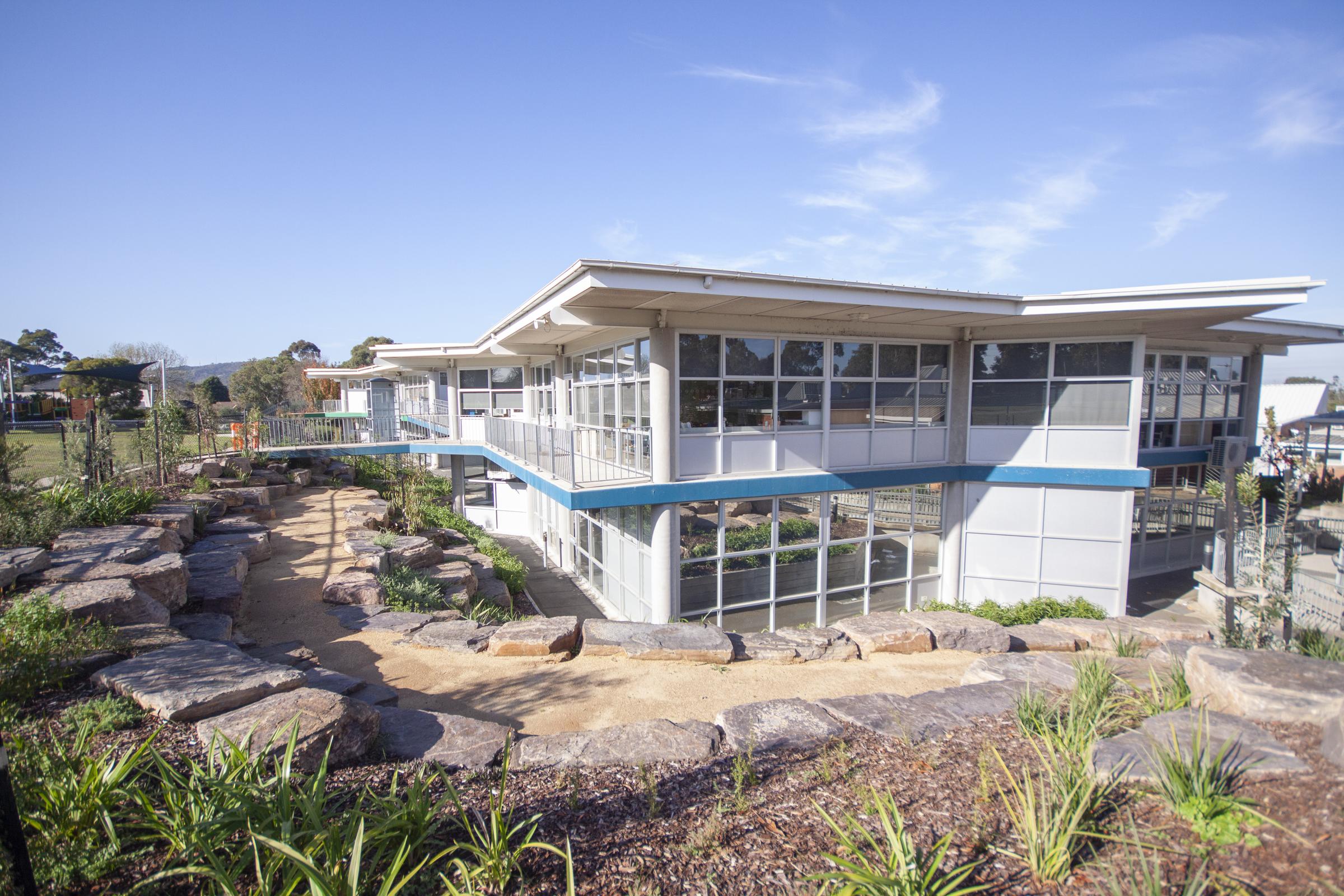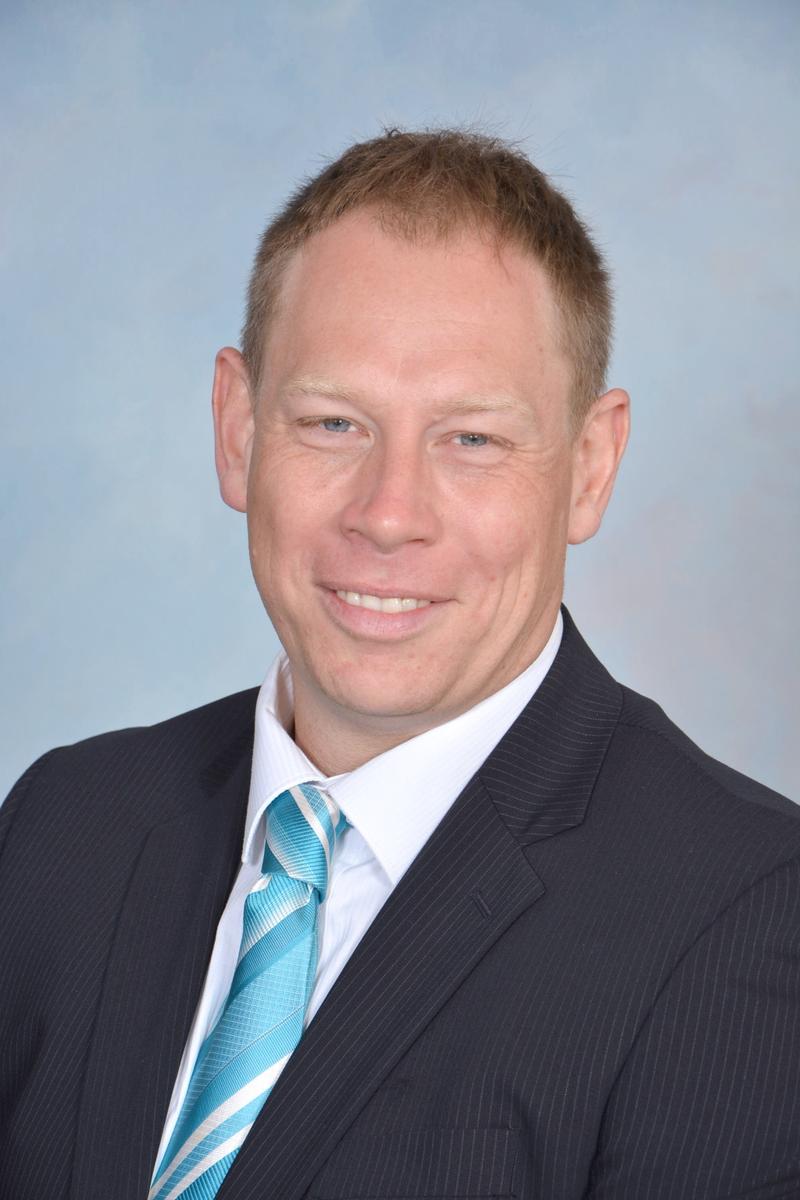From the Principal

Dear Parents and Carers,
As I write this week’s newsletter, I am acutely aware of how quickly our way of life can rapidly change in these times of living with a pandemic. Between newsletter editions, Greater Melbourne has been placed into lockdown and Victorian schools have, yet again, transitioned to remote learning. These events may be triggering a number of feelings and emotions for students and their families.
This week I would like to share with you a wise perspective from one of Australia's leading parenting educators, Michael Grose.
Anxiety requires understanding
- WELLBEING AND MENTAL HEALTH
by Michael Grose
The recent rise in childhood and adolescent anxiety and its acceleration during COVID-19 has worried parents and teachers. Many ask how they can assist kids when they become anxious about seemingly routine events such as attending school camps and excursions, tackling difficult subjects, or facing the prolonged absence of a favourite teacher.
Typical responses such as ignoring their worries or encouraging them to ‘get on with it’ are unhelpful. Allowing a child to avoid an activity that makes them anxious is another unhelpful option. Avoidance may help kids feel safe in the short term, but it risks the establishment of a long-term pattern that can be impossible to shift.
Regardless of the source every child and young person needs an adult in their life that understands them when they are anxious. It may make little sense that an activity makes a child anxious, you just need to understand that they are anxious. They need someone to witness their anxiety without dismissing or ignoring their feelings.
Anxious kids frequently look to parents and teachers for reassurance when they feel anxious. This shows in many ways, including kids continually seeking the opinion of others, wanting parents or teachers to make decisions for them, and continually asking for praise. Adults don’t have to fix kids’ problems, but we do have to understand they are anxious.
The use of ‘Ahhhh’ statements to validate how an anxious child is feeling, is a practical way to show that you are trying to understand them. It’s also a great way to help a child develop a more nuanced emotional vocabulary. Here are some examples:
‘Ahhhh, you’re feeling anxious about going to school camp . . .’
‘Ahhhh, you’re having one of those “I might mess it up” thoughts . . .’
Each child’s anxiety is unique. The first and most important response from an adult is to show a child that you ‘get’ that they are anxious. Having someone understand that they are anxious is an enormous relief, particularly if they haven’t been taken seriously in the past. Sitting alongside a child who feels anxious is an underestimated act of compassion that makes a huge difference to their immediate emotional state.
The Resilience Project
This year, our whole school approach to emotional literacy through The Resilience Project is one way that is setting our students up for success during these times of constant change and uncertainty.
With a focus on being grateful, showing empathy to others and practising mindfulness - these behaviours are shown to build resilience. So far this Term, students have been regularly engaging with the Resilience Project curriculum through specific lessons and experiences in the classroom. This week I encourage you to take a brief moment to ask your child\ren about what they have been focusing upon through The Resilience Project.
Check out TRP@HOME parent resources for more information about TRP.
Transition to Remote Learning
As we start off the first day of remote learning in Lockdown 4.0, I would like to acknowledge the amazing work of our St Simon’s Staff. I am grateful for the way teachers, learning support staff and leaders have all stepped up to ensure that remote learning is as smooth and accessible as possible for students and their families.
Thank you also to the mums, dads, carers and other family members who are supporting their children at home with learning at the moment. Your “just in time help” makes a difference to the remote learning experience for your children.
Each year level team will continue to communicate with families throughout remote learning via Operoo email messaging. Please note this is the most effective way to send information home to parents and carers.
Prep Enrolment 2022 - Please return
If you have a child starting in prep next year, please ensure you have filled out an enrolment form and return it as soon as possible to the school office. (after the lockdown) Forms can be collected from the school office after we return to normal onsite schooling.
God bless
Tom Wursthorn
Principal




